 The fourth edition of the African School of Fundamental Physics and Applications (ASP-2016) has been held in Kigali, Rwanda. It brought together 75 students from universities in 28 African countries. The event was made possible thanks to the support of numerous American and European laboratories, universities and research agencies, including the INFN, which contributed around 20% of the total budget of the latest edition of the School. The first edition of the biennial African School was held in 2010. Its objective is to enhance the continent’s development capacity in fundamental and applied physics. The scientific programme of the 2016 edition mainly focused on sub-nuclear physics and physics beyond the Standard Model, with some lectures on notions of astrophysics and nuclear physics. Workshops were also held on topics of particular scientific interest and issues that have been the subject of widespread media coverage, such as the discovery of gravitational waves. Rwanda University then hosted a Forum Day which was attended by Rwanda’s Education Minister and various members of the East African Union, specifically the East African Science and Technology COmmission (EASTCO). During the event the INFN outlined the possibility of creating a compact research infrastructure, as an incubator for the African Light Source (ALS), an ambitious project that aims to provide Africa with a synchrotron light source to boost capacity building throughout the continent, through advanced applications in medicine, palaeontology and life science. This project will be one of the central topics of discussion at the next edition of the African School. The appointment is for 2018 in Windhoek, Namibia.
The fourth edition of the African School of Fundamental Physics and Applications (ASP-2016) has been held in Kigali, Rwanda. It brought together 75 students from universities in 28 African countries. The event was made possible thanks to the support of numerous American and European laboratories, universities and research agencies, including the INFN, which contributed around 20% of the total budget of the latest edition of the School. The first edition of the biennial African School was held in 2010. Its objective is to enhance the continent’s development capacity in fundamental and applied physics. The scientific programme of the 2016 edition mainly focused on sub-nuclear physics and physics beyond the Standard Model, with some lectures on notions of astrophysics and nuclear physics. Workshops were also held on topics of particular scientific interest and issues that have been the subject of widespread media coverage, such as the discovery of gravitational waves. Rwanda University then hosted a Forum Day which was attended by Rwanda’s Education Minister and various members of the East African Union, specifically the East African Science and Technology COmmission (EASTCO). During the event the INFN outlined the possibility of creating a compact research infrastructure, as an incubator for the African Light Source (ALS), an ambitious project that aims to provide Africa with a synchrotron light source to boost capacity building throughout the continent, through advanced applications in medicine, palaeontology and life science. This project will be one of the central topics of discussion at the next edition of the African School. The appointment is for 2018 in Windhoek, Namibia.
You might also be interested in
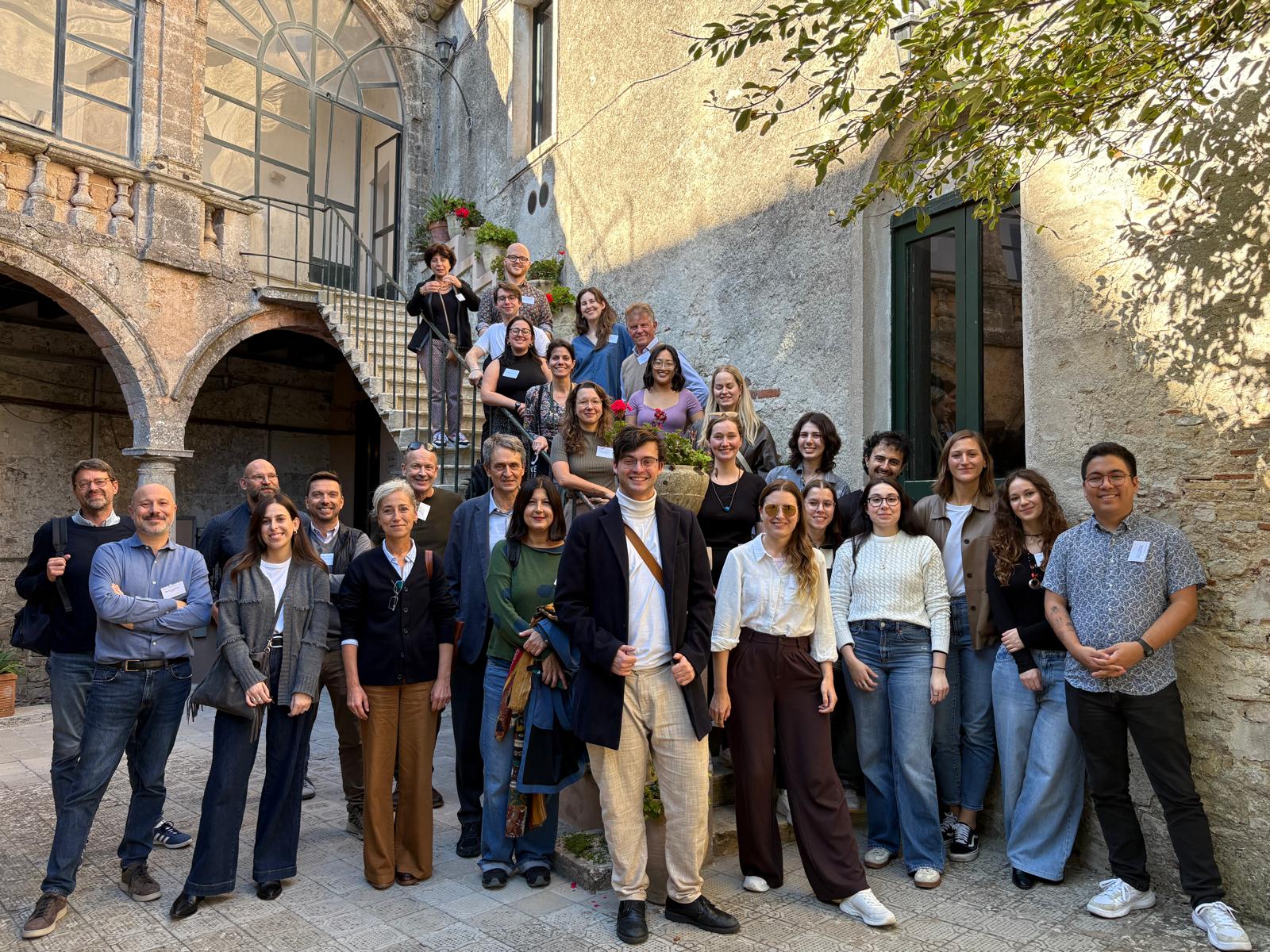
ORIGINS. Exploring Science Communication and Journalism
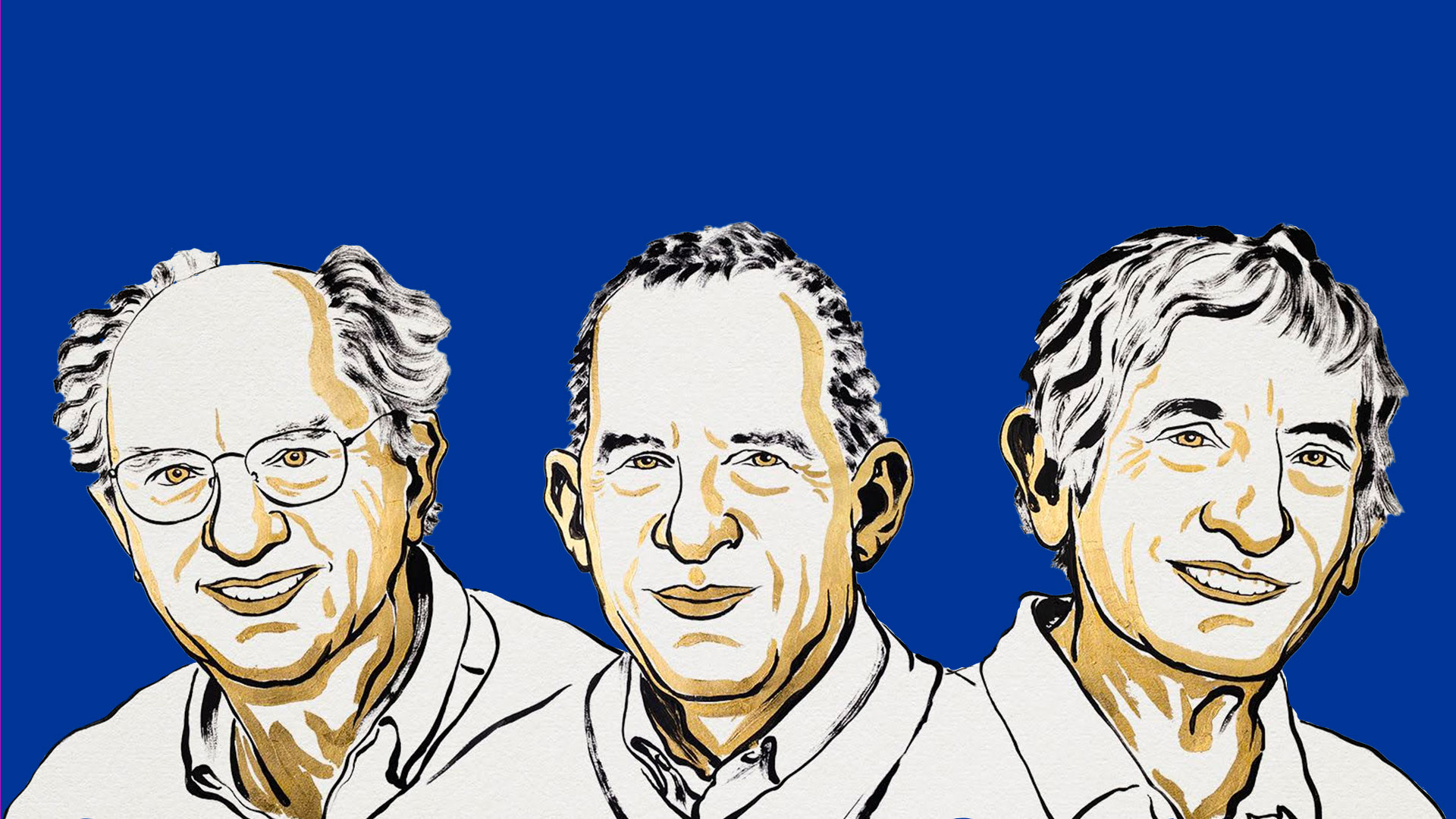
Nobel Prize in Physics 2025: congratulations to John Clarke, Michel H. Devoret and John M. Martinis
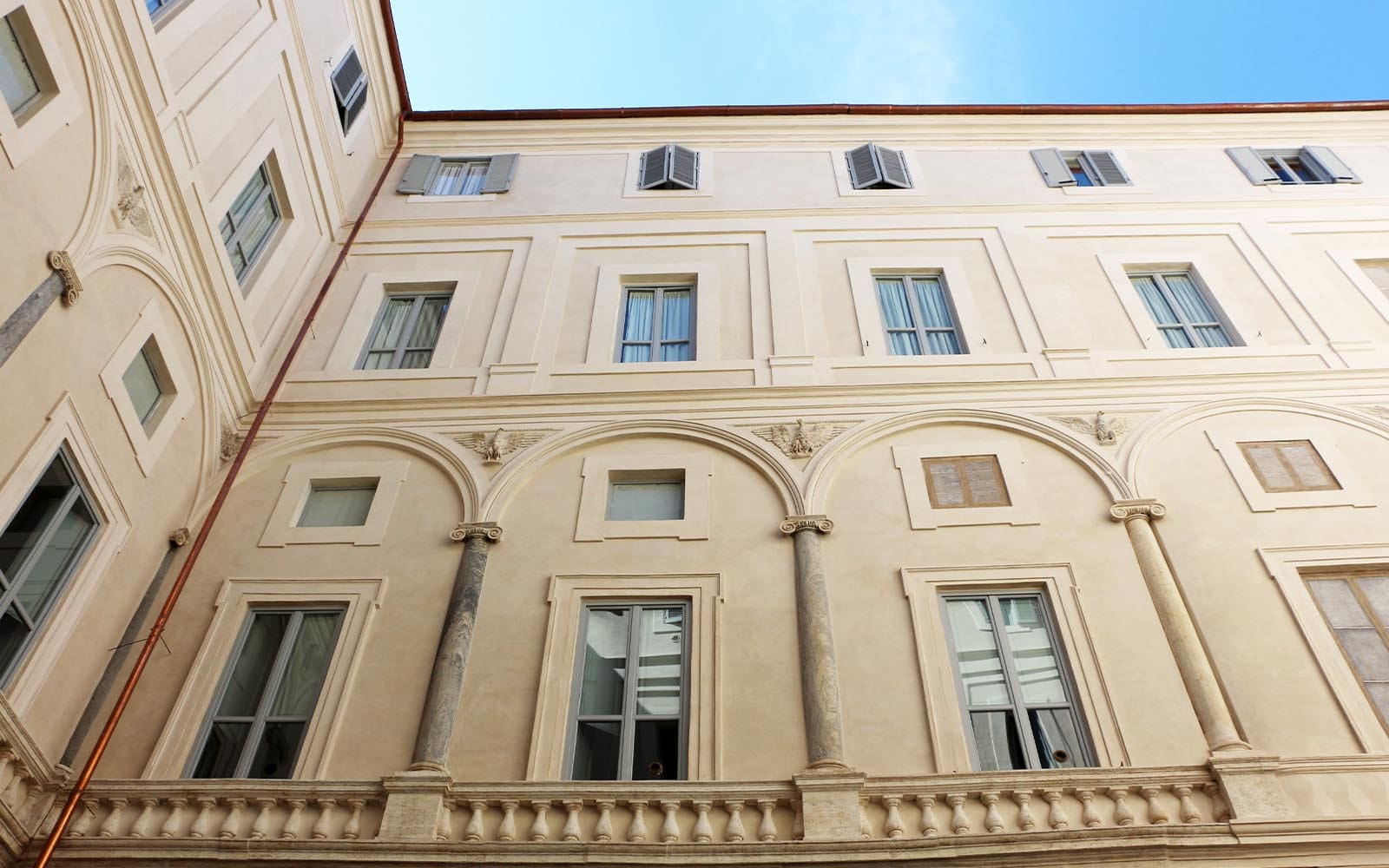
INFN statement in support of peace in Gaza and commitment to scientific diplomacy
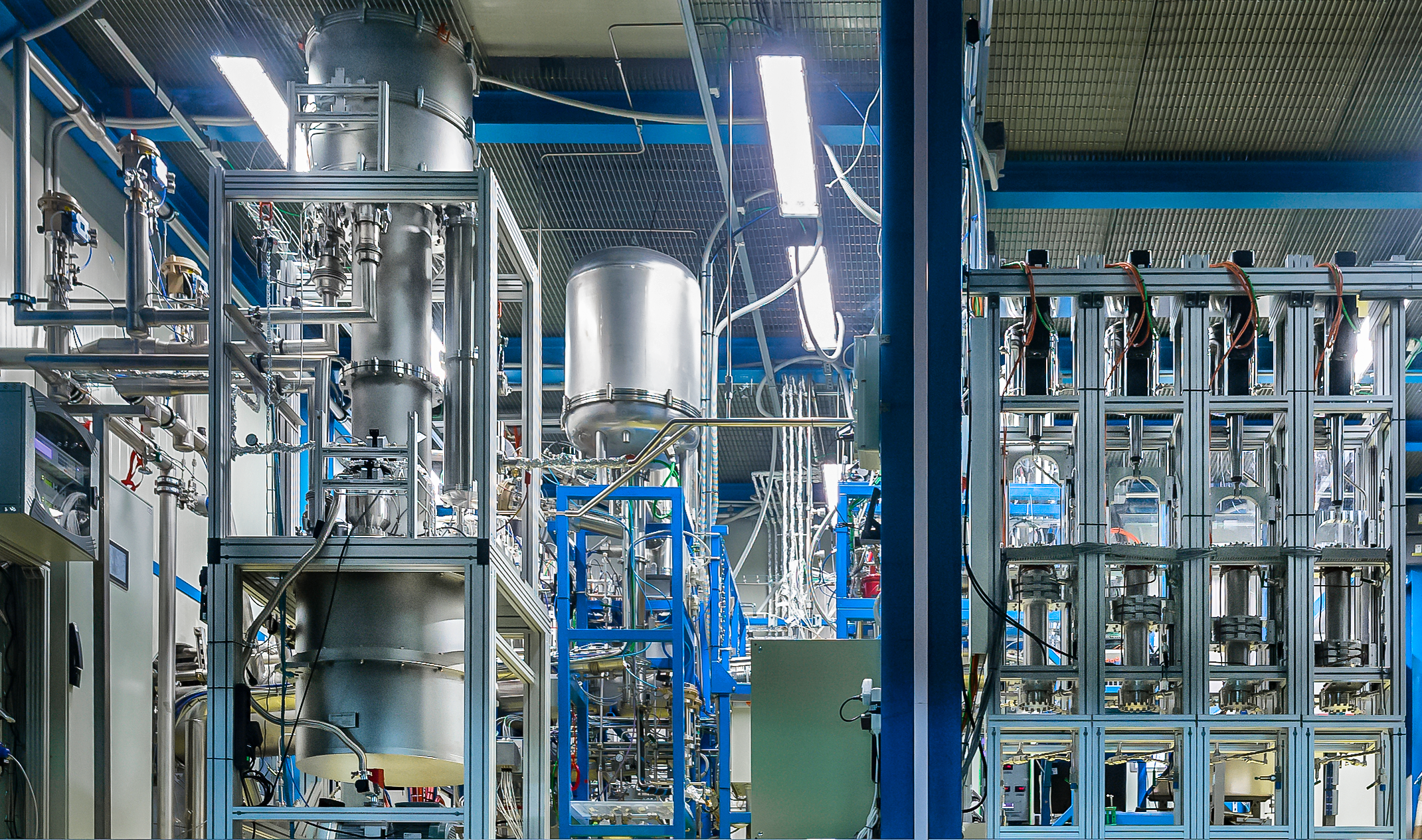
XENONnT: record levels of purity achieved in the search for dark matter
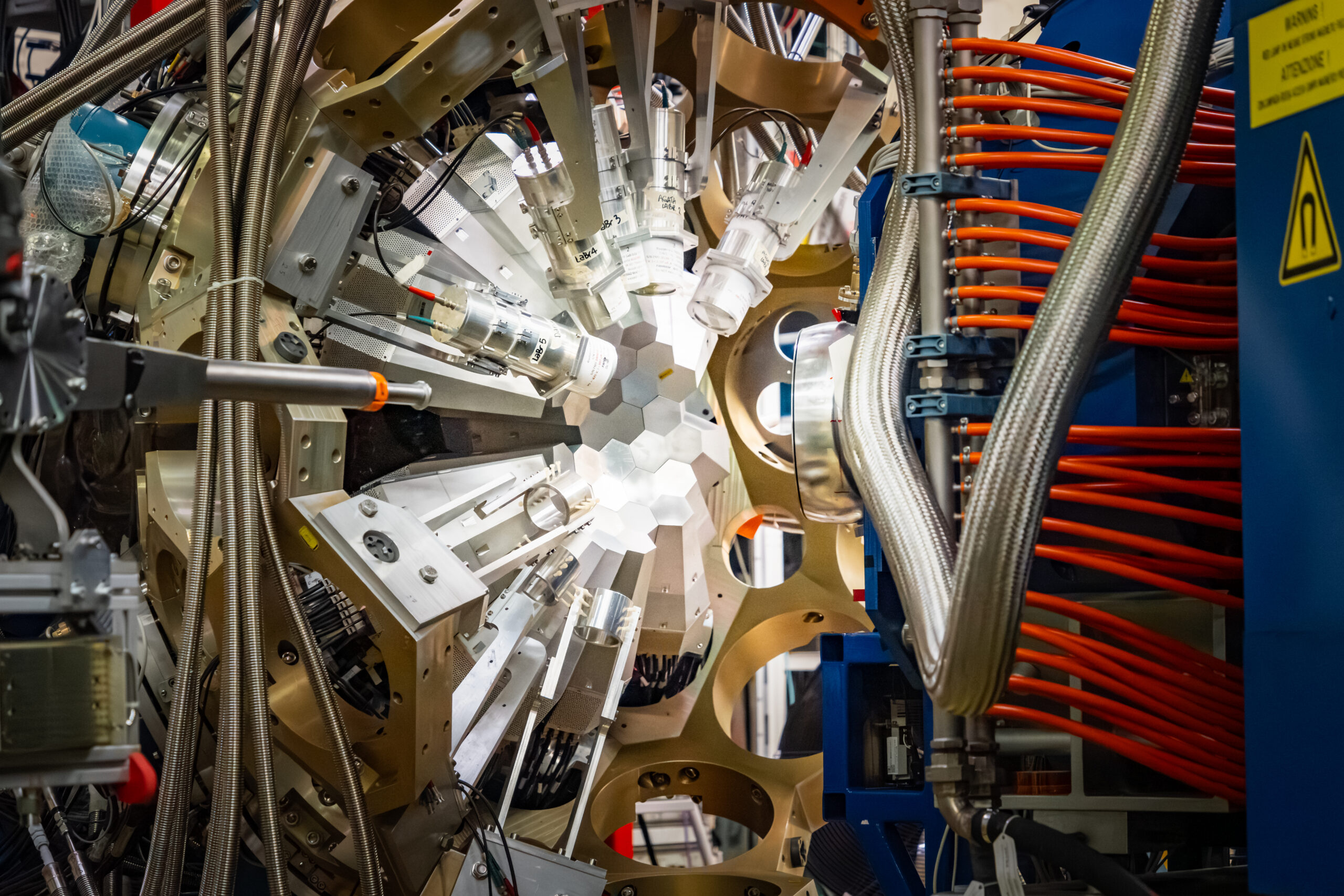
Physics Photowalk 2025: the ten pictures on the Italian podium
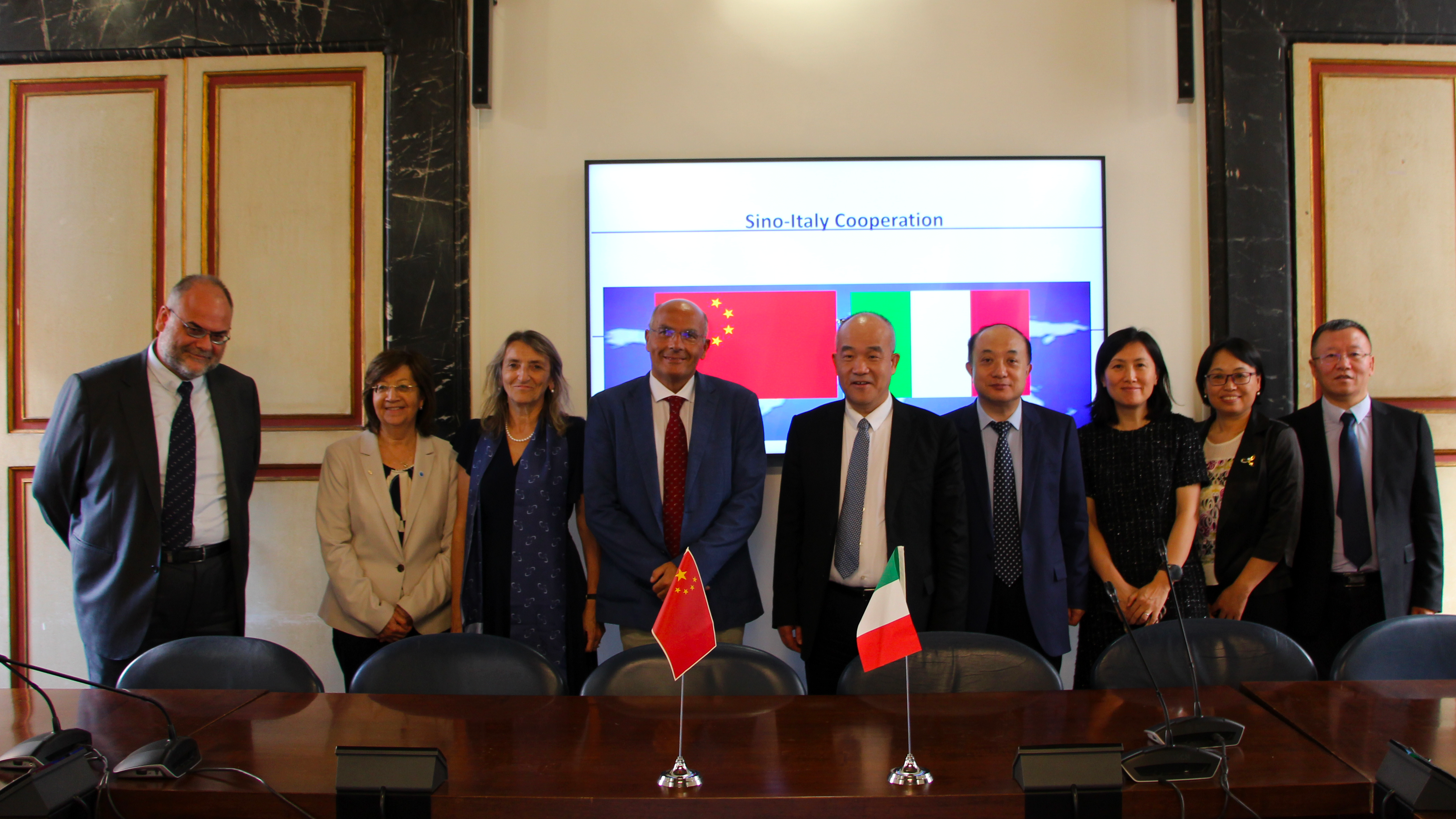
Italy-China: important bilateral meeting between NSFC and INFN
26 September 2025
Read more Italy-China: important bilateral meeting between NSFC and INFN